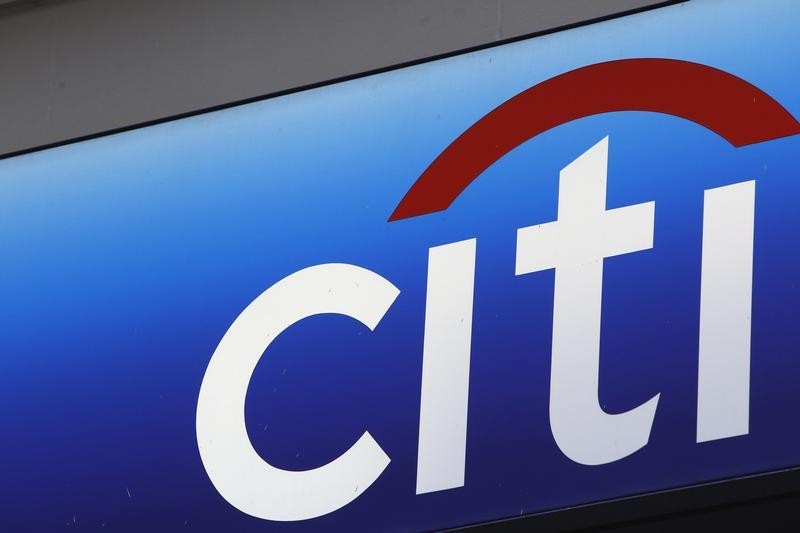This post was originally published on this site
https://i-invdn-com.investing.com/trkd-images/LYNXMPEJ2M0AH_L.jpg
(Reuters) – The Bank of England on Thursday followed the Federal Reserve and the Swiss National Bank in hiking interest rates, as policymakers ploughed on with their fight against inflation in the face of the instability that rippled through the global banking system this month.
Investors had questioned whether the central banks could press on with tightening policy after the collapse of two U.S. lenders earlier this month triggered turmoil in banks around the globe, ensnaring one of Europe’s biggest banking names in 167-year-old Credit Suisse AG.
After its eleventh straight hike, the BoE said it had noted the “large and volatile moves” in financial markets, but that Britain’s banking system remained resilient.
“The (Monetary policy committee) will continue to monitor closely any effect on the credit conditions faced by households and businesses, and hence the impact on the macroeconomic and inflation outlook,” it said.
While recent market jitters have eased, they have prompted investors to adjust to more challenging economic and lending conditions ahead.
The index of top European banks was down 1.7%, with German banking giants Deutsche Bank (ETR:DBKGn) and Commerzbank (ETR:CBKG) falling 2.1% and 3.2%, respectively. London-headquartered HSBC dropped 2.5%.
Troubled U.S. regional lender First Republic Bank (NYSE:FRC) rose 2% in premarket trading after slumping on Wednesday.
Other U.S. banks under the microscope PacWest Bancorp, Truist Financial (NYSE:TFC) Corp and Western Alliance (NYSE:WAL) Bancorp gained between 0.8% and 3%.
Earlier on Thursday, the Swiss National Bank raised its benchmark interest rate by 50 basis points and said Credit Suisse’s takeover by its Swiss rival UBS had averted a financial disaster.
Swiss authorities had urged the banks to come together and offered financial guarantees worth up to 260 billion Swiss francs ($280 billion) to get the deal done.
“At this moment the focus has to be that we can maintain financial stability and that the closing of the deal is smooth and fast,” SNB Chairman Thomas Jordan told a news conference.
BANK BOND PRESSURE
The European central banks raised rates a day after the Fed logged another quarter point hike, with Fed Chair Jerome Powell saying the banking industry stress could trigger a credit crunch with “significant” implications for a slowing U.S. economy.
Citigroup downgraded Europe’s banking sector, warning the rapid pace of interest rate hikes will further weigh on economic activity and lenders’ profits.
“The European banking sector’s fundamentals look healthy. But the ongoing confidence crisis could limit banks’ risk appetite and reduce the flow of credit,” Citigroup equity strategists said.
(Graphic: Over $95 billion in market value wiped out in 2 weeks – https://www.reuters.com/graphics/GLOBAL-BANKS/USA/myvmobkeovr/graphic.jpg)
The rescue of Credit Suisse, which followed the collapses of California-based Silicon Valley Bank (SVB) and New York-based Signature Bank (NASDAQ:SBNY) ignited broader concerns about investors’ exposure to a fragile banking sector.
Switzerland’s financial market regulator FINMA on Thursday defended its decision to impose steep losses on some of Credit Suisse bondholders as part of its rescue, saying the move was legally watertight.
The decision to prioritise shareholders over Additional Tier 1 (AT1) bondholders rattled the $275 billion AT1 bond market and some Credit Suisse AT1 bondholders were seeking legal advice.
The convertible bonds were designed to be invoked during rescues to prevent the costs of bailouts falling onto taxpayers as it happened during the global financial crisis in 2008.
“The AT1 instruments issued by Credit Suisse contractually provide that they will be completely written down in a ‘viability event’, in particular if extraordinary government support is granted,” FINMA said.
Steep falls in banking stocks after the wipeout of Credit Suisse’s AT1 bondholders prompted European supervisors to rush to defend the crisis-fighting tool.
Asian policymakers are also seeking to calm investor nerves about AT1 bonds but the ongoing turbulence is likely to keep a lid on fresh debt sales.
Hong Kong and Singapore central banks said they would stick to the traditional hierarchy of creditor claims if a bank was to collapse in their respective jurisdictions.
However, the volatility may prompt at least two Japanese banks, Mitsubishi UFJ (NYSE:MUFG) Financial Group and Sumitomo Mitsui (NYSE:SMFG) Financial Group, to put AT1 issuance on hold, two sources told Reuters.
Policymakers from Washington to Tokyo have stressed the turmoil is different from the crisis 15 years ago, saying banks are better capitalised and funds more easily available.
However, some watchers warn the banking system is more vulnerable to rumour and rapid moves in an era of widespread social media use, posing a challenge for regulators trying to tamp down instability.
Social media is a “complete game-changer” in bank runs, Citigroup Inc (NYSE:C) chief executive Jane Fraser told the Economic Club of Washington D.C. on Wednesday.
($1 = 0.9280 Swiss franc)


